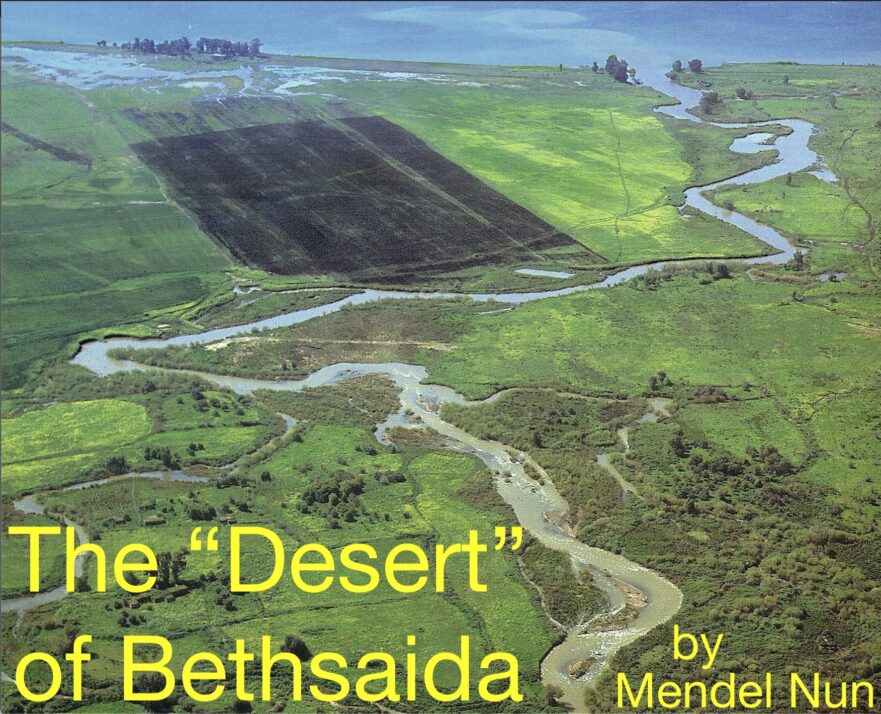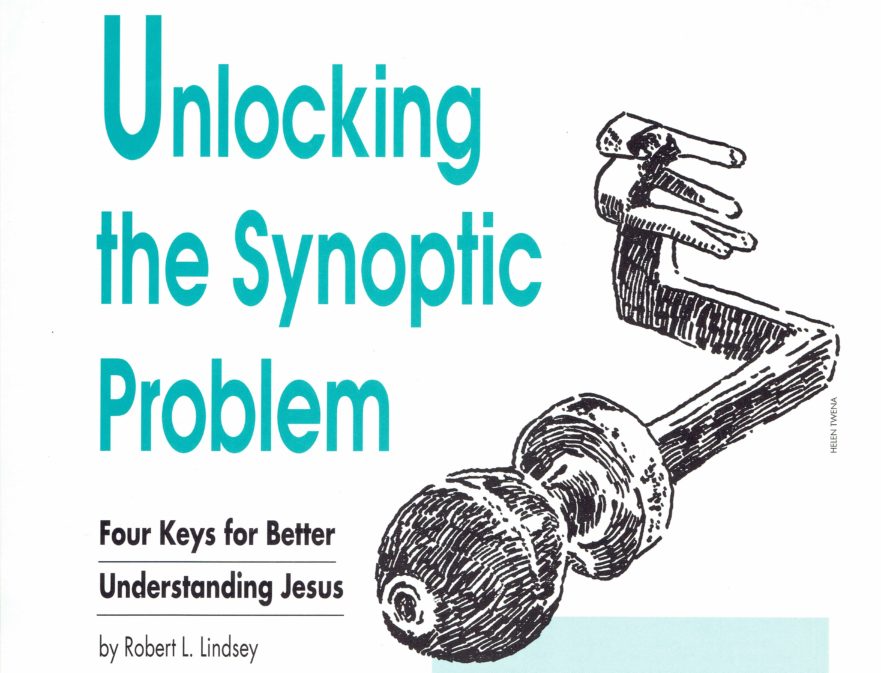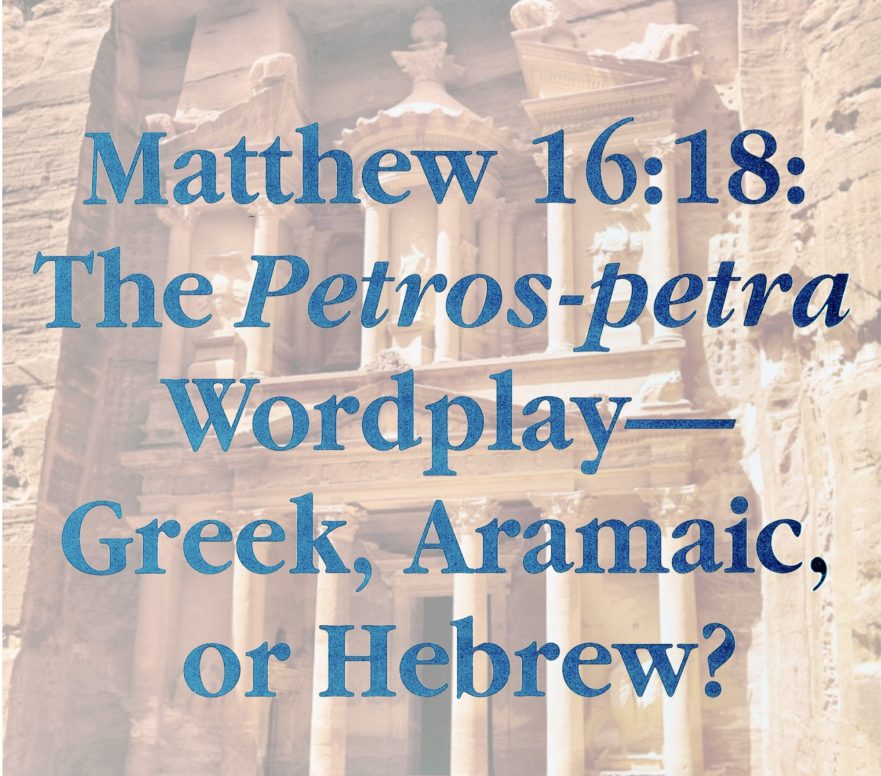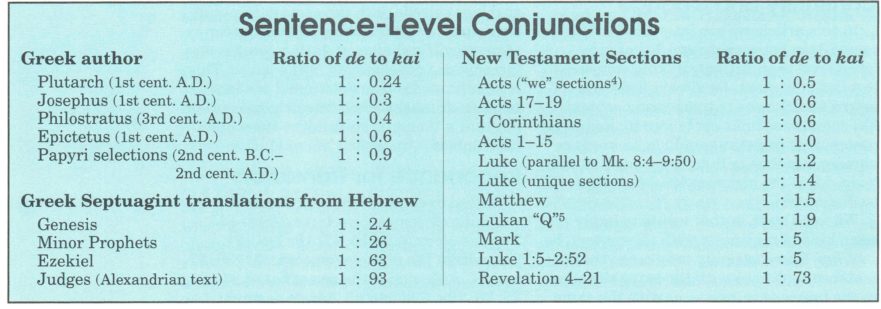Professor Shmuel Safrai has pointed out to me in a private conversation a good example of the use of midbar in the sense of “a pasturing place” or “the common grazing land of a settlement.”
The “Desert” of Bethsaida

By analyzing the meaning of the word translated “desert,” the topography at the Feeding of the Five Thousand can be clarified.
Hendiadys in the Synoptic Gospels

Hebraisms are as ubiquitous in the Synoptic Gospels as cats in Jerusalem.
“And” or “In order to” Remarry?

Apparently, contrary to normal Greek usage, Greek’s kai (“and”) in the sense of “in order to” occurs in the Synoptic Gospels.
Unlocking the Synoptic Problem: Four Keys for Better Understanding Jesus

While translating the Gospel of Mark to modern Hebrew, pastor-scholar, the late Dr. Robert Lindsey was forced to conclusions that ran counter to his seminary training. If correct, his conclusions have the potential for revolutionizing New Testament scholarship. In this article, Lindsey condenses the results of a lifetime of research.
Matthew 16:18: The Petros-petra Wordplay—Greek, Aramaic, or Hebrew?

The pinnacle of the Gospel story may be Jesus’ dramatic statement, “You are Petros and on this petra I will build my Church.” The saying seems to contain an obvious Greek wordplay, indicating that Jesus spoke in Greek. However, it is possible that “Petros…petra” is a Hebrew wordplay.
That Small-fry Herod Antipas, or When a Fox Is Not a Fox

We need to start translating “fox” with its proper Hebraic cultural meaning.
“And” or “But”—So What?

Writings that were originally composed in Greek tend to have a higher ratio of de to kai than writings that have been influenced by a Semitic language.
Matthew’s Aramaic Glue

Knowledge of the different ways of joining stories in Greek, Hebrew and Aramaic can help us understand the history and relationships of the Synoptic Gospels.


